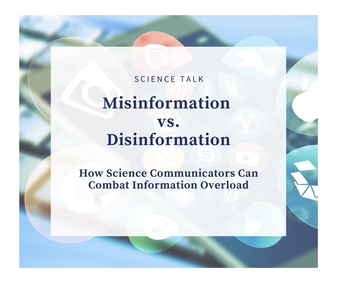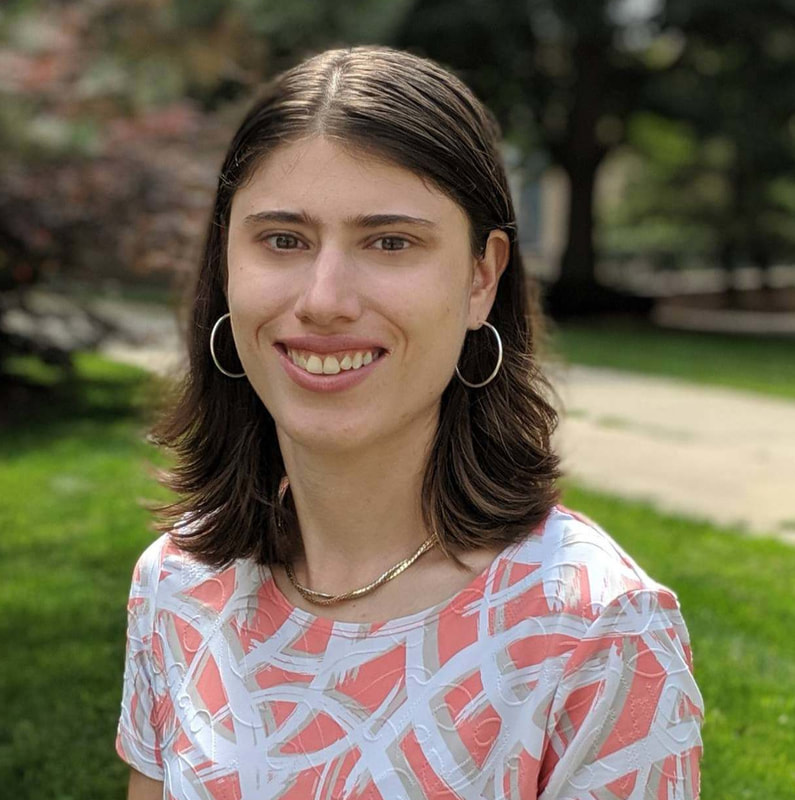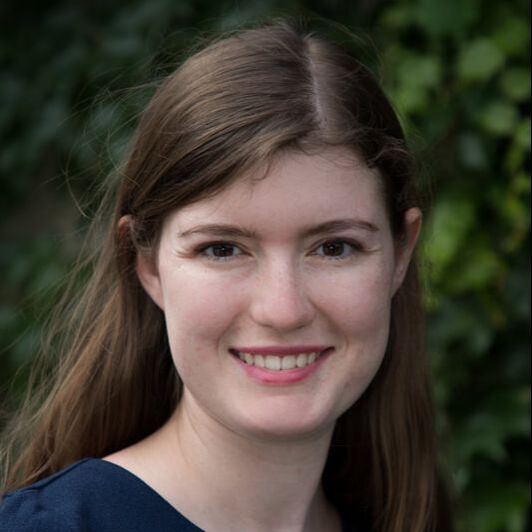This is the third Science Talk Q&A in the series. The first Q&A, “How 2020 Shaped the Future of Science Communications,” can be viewed here, followed by the second Q&A, “What We Lose When We Stifle Diverse Voices in Science Communications,” here.

With an oversaturation of information coming from news stations and publications, bloggers, video feed, social media, public figures, and your own daily personal interactions, it is challenging to decipher what is accurate and what is a skewed version of the truth. This information overload forces us to self-filter, often selecting information that reinforces our existing belief system. But what are the risks of self-filtering?
Science Talk’s Dr. Allison Coffin and Dr. Kiki Sanford sat down with Jessica McNellis from s2s Public Relations and Communications to discuss how this past year has impacted science communications and how it will change in a post-pandemic world.
How does access to more information lead to misinformation or misinterpretation of information by non-specialists?
Dr. Kiki Sanford: There are endless channels to consume news, from mainstream media and scientific journals, to blogs and social media. Adding to that oversaturation of information, we are battling rising news networks with very biased perspectives, social media algorithms that drive people into echo chambers that don’t challenge their worldviews, and social platforms being used for news consumption that aren’t held to the same journalistic standards as news organizations. Some of these social channels have begun adding disclaimers to social posts being promoted as fact without any basis, but that comes with its own challenges, both in the fact that it doesn’t stop people from consuming the false news and igniting censorship suspicions from consumers.
Dr. Allison Coffin: You can find information online that is going to tell you what you want to hear and reinforce your existing beliefs. Access to information online is absolutely overwhelming and this degree of access can often lead someone who is not a specialist to skim a few articles or a few websites and believe they have a deep understanding of the information. There is a lingering disdain for expert knowledge in the U.S. The combination of that disdain, unlimited access to information, and self-filtering to combat the information overload leads consumers to curate information themselves.
KS: What we really need is internet librarians to curate the available information in an unbiased way, add necessary context, correct misinformation, and act as that filter. We have seen certain channels create that sort of curation, Wikipedia being a great example that evolved from a platform where anyone could update information without regulation, to one that is regularly updated and fact-checked by not only Wikipedia staff, but other experts. Recreating that degree of curation on a wide scale for the whole internet is obviously no easy feat.
What is the scientific community’s responsibility in adapting its communication style to combat misinformation, disinformation, and misinterpretation of information?
AC: There is misinformation, which is defined as information that is not accurately conveyed, assessed, or understood. Then there is disinformation, which is intentionally misleading. And we see both not just surrounding COVID, but around a whole host of issues. It is very difficult to counter disinformation because disinformation is often accepted without a factual basis or the need for a factual basis. One way to avoid this degree of misinterpretation of information is by communicating scientific findings in different ways for different audiences across a wider range of channels. Scientific journals are for communicating science to other scientists, and they should stay that way. What we need to normalize is also sharing those scientific findings across other channels, tailoring the language and communication style to specifically address those audiences, including video abstracts, op-eds for other trades and mainstream media, blogs and social media. The idea is to create different types of communication for all audiences so they aren’t trying to interpret information written for a scientific audience themselves, perhaps inaccurately. It’s not going to be a one size fits all.
KS: It’s been inherently institutionalized that science communications is not something you do as a young and career developing scientist – only something you prioritize when you are an established scientist. Where we need to see a change is first, training and educating young scientists on science communication techniques so they can use them effectively as they do develop their careers. And they are hungry for that training. Next, develop pathways to find funding for science communications efforts to take place effectively. And finally, as it relates to open access to papers, more communication to the rest of society around the scientific process, how science works, and the difference between a pre-peer reviewed result versus several studies within a meta review of a subject, so scientific information in the early stages isn’t being passed off as the final word.



Leave a Reply